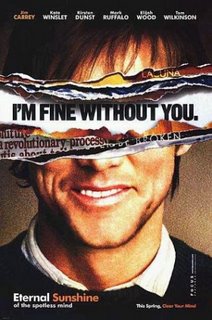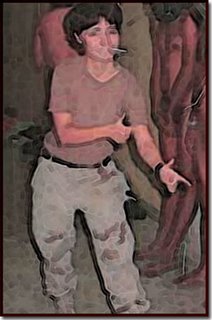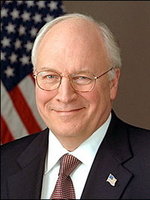Meta This
 (Admittedly, this is an ironic sort of comment for this blog.)
(Admittedly, this is an ironic sort of comment for this blog.)
Meta-anything bridges similarities between concepts or cognitions or physicals; therefore, it’s all application of knowledge as opposed to feeling. Among my dearly adored Charlie Kaufman movies, I feel like I only truly love Eternal Sunshine of the Spotless Mind, because only that film feels truly emotion-driven, as opposed to high concept driven.

Anyway, if you’re sitting back and gathering your thoughts, it’s hard to actually have a direct emotional response. You're thinking instead of having an experience—it’s the age-old distinction between criticizing and doing.
 And part of the reason movie critics hate as many movies as they do—because it’s hard to shake yourself out of a distanced response to something, unless it’s new or interesting or resonant or ego-feeding. Particularly when you think how much easier it is to pun out 500 versions of ‘it sucked’ than denote your unique experience of Pulse.
And part of the reason movie critics hate as many movies as they do—because it’s hard to shake yourself out of a distanced response to something, unless it’s new or interesting or resonant or ego-feeding. Particularly when you think how much easier it is to pun out 500 versions of ‘it sucked’ than denote your unique experience of Pulse.
I’ve actually read Tristram Shandy the book, back in a Beginnings of the British Novel class in college. It was a great class—it finished with the Jane Austen books (where most of us begin and end when it comes to early British literature), and you can see the great drunken staggering of the beginning of an art form. For instance, there’s The Monk, which presages the Great Trash Novel, but does it so much better, because there’s no context to know when you’ve gone too far over the top—there is no Top yet.
And then there’s Tristram Shandy, the purely commerce-driven art form, where the hero takes an age to be born, simply because the author was determined to make this book his steady source of income. Imagine that—he set out to write one book, for the rest of his life. And to make sure that happens, he barely ever gets born. And thus, postmodernism, and all its winding plots that become snakes eating their own tails and their deconstruction of social forms, is born of the most linear and primitive of social structures, the token economy.

And dick jokes. Lots of dick jokes.

Which, as Stephen Fry says, is exactly the point.
Problem is, the movie does its job too well, and like life, is at its most scintillating when people are just talking instead of thinking. I’ve never enjoyed a metanovel half as much as a novel, just because it always seems like a joke too clever by half. Watching Coogan and Rob Brydon riff on the color of Brydon's teeth or do dueling Pacinos? That’s direct experience, and that’s funny. And it casts the rest of the film in a pallid light.
So, yeah, I got the point. But the movie itself is kind of like granola—a little bit of flavor every now and then, and probably good for me, but it sure as hell doesn’t beat the sweet kick of a bowl of Lucky Charms.


1 Comments:
Sweet Tom Waits refernce.
Post a Comment
<< Home